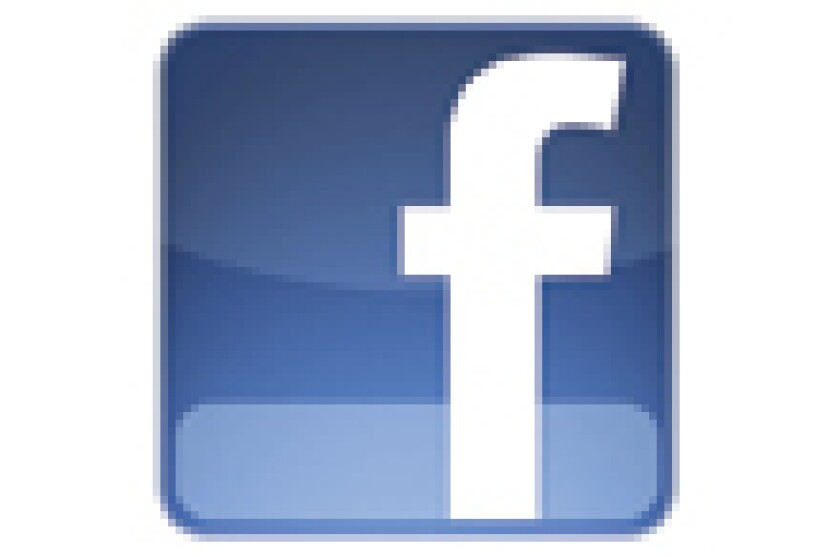Also on the blog this week:
Guest post: Why the CJEU is learning on the jobWhat's inside our April issue
And in our news and analysis:Interview: Om Prakash Gupta on India’s trade mark troublesDelhi High Court steps into India trade mark rowOwn name defence narrowed in EuropeEuromoney LMG Americas Women in Business Law Awards 2016 – shortlist announcedCourts clarify OEM trade mark infringementEU design cases looking up USPTO proposes first TTAB changes for nine yearsHow to protect your brand when your endorser goes rogueUS patent litigation plummets in first quarter
How much is Yahoo’s portfolio worth?
Business Insider reported that intellectual property is one of three “hidden assets” that could drive up Yahoo’s value, according to SunTrust analyst Robert Peck.
“Yahoo disclosed in its last earnings call that it's looking to generate $1 billion to $3 billion through the sale of nonstrategic assets and real estate,” said Business Insider. “But Peck believes that the value of its patents alone could fetch more than $3 billion, if sold to a large enterprise or a group of companies.”
IP players were quick to pour scorn on this valuation.
Richardson Oliver Law Group published an analysis disagreeing with the high valuation. It estimates a street price of $772 million, with a high of $1.15 billion and a low of $393 million. “Yahoo has a valuable asset, just not a $3B asset,” wrote Kent Richardson, who also noted that 2015 asking prices had dropped 20% year on year.
Thomson Innovation reports Yahoo as having 2,187 US issued patents and 9,329 worldwide patent assets including 4,296 worldwide patents.
“What might they get for it?” asked Richardson. “With 9,329 assets, we would expect a high asking price around $1.8 billion. However, on a per issued US patent basis, the asking price would be $605 million. We typically discount the seller's asking price by 35% resulting in street prices between $1.15 billion and $393 million. That is a big spread, but in neither scenario did we get anywhere near $3 billion. These numbers also assume that every asset sells.”

Envision IP also published an analysis of Yahoo’s patent portfolio.
It identified 2,000 US patents currently assigned to Yahoo that are active and in-force. Yahoo’s 2015 10-K reveals the company reported almost $300 million in gains related to patent sales between 2013 and 2015.
The vast majority of Yahoo’s patents are related to software, with 68% of its US patents grouped in a software-related classification by the USPTO and 15% classified as business methods patents.
Yahoo’s US patents have an average of 10.41 years of life remaining per patent. In comparison, Google’s software patents have 10.37 years, and Microsoft’s software patents have an average of 8.47 years of life remaining.
“Based on a forward citation analysis, Yahoo’s patents appear relatively fundamental, and on par with software/web-related patents owned by Google and Microsoft,” said Envision IP. However, Yahoo’s patents do not appear to have been heavily tested in federal court, or even before the PTAB in post-grant proceedings.
“We do not believe that a $3-$4 billion valuation for Yahoo’s US patent portfolio is realistic, and expect the patents to be valued in a range of $965 million to $1.34 billion, based on our intrinsic valuation,” said Envision IP. “If a potential buyer does see the potential to heavily license and/or litigate the portfolio, this value could increase, but that increase would be entirely dependent on extrinsic variables such as a buyer’s motivation and intentions for acquiring the portfolio. In addition, the ability to secure higher royalty rates and litigation awards would increase the current valuation (however there is no public record to justify this as Yahoo does not have large historical patent litigation awards).”
Second Circuit passes on pre-1972 question
The Second Circuit has avoided making a ruling on the performance rights of pre-1972 sound recordings until the New York Court of Appeals has first addressed the issue, according to The Hollywood Reporter.
Flo & Eddie of 1960s band The Turtles are trying to stop SiriusXM from broadcasting pre-1972 sound recordings without agreed-upon compensation. Federal copyright law protects sound recordings after 1972. Flo & Eddie argue that state laws protect works written before then.
The Second Circuit said: “A significant and unresolved issue of New York law is determinative of this appeal: Is there a right of public performance for creators of sound recordings under New York law and, if so, what is the nature and scope of that right? Accordingly, we CERTIFY this question to the New York Court of Appeals and reserve decision.”
101 and done?
Former USPTO director David Kappos has long criticised Section 101, but went further in the past week by calling for it to be abolished, Schwegman Lundberg & Woessner’s patents 4 software blog reports.

“It’s time to abolish Section 101, and the reason I say that is that Europe doesn’t have 101 and Asia doesn’t have 101 and they seem to be doing just fine in constraining patent-eligible subject matter,” Law 360 quoted Kappos as saying.
In a poll on Twitter posted by Managing IP, the vote was split 41% yes, 59% no on whether abolishing 101 was a good idea.
Alibaba joins IACC

In news that may seem ironic to some, Alibaba has become the first e-commerce company to join the International AntiCounterfeiting Coalition (IACC).
“Preserving the integrity of Alibaba’s marketplaces is a top priority. Counterfeiting is a global, industry-wide issue, and effective collaboration with brands, retailers, trade associations, governments and other industry partners is a key component to our overall success,” said Matthew Bassiur, vice-president and head of global IP enforcement at Alibaba Group.
Facebook’s new copyright problem
Slate has published a piece looking at the copyright issues involved in Facebook’s Live video programme.

“Whether or not the social network’s expanded investment in live video is just a trend, it promises to pose serious problems for our understanding of – and approach to – matters of intellectual property. And even as Facebook works to resolve some of these concerns, it may be creating new ones that will reshape the ways we distribute and consume media of all sorts,”” wrote Slate’s technology reporter Jacob Brogan.
The article said it may be difficult to enforce claims against clips of sporting events, for example, because courts have held they are not always covered under copyright protections.
Facebook has been working on technical solutions to prevent “freebooting” – uploading another creator’s video’s without permission. It has implanted image and audio matching systems to flag duplicates. It has also debuted a rights management system that makes its tools more widely accessible.
The article notes that the upshot is that performers and creators will have to give Facebook access to their work if they want to protect it.
“Whether or not Facebook’s live video effort takes hold, this may be its true legacy. Even if the site’s massive user base doesn’t tune in, many of those who make the media we consume will have to,” the article concludes.
Patent grants back on track
The Patently-O blog reports that 2016 US patent grant numbers have pick up in pace and are now set to match the 2014 record of more than 300,000 utility patents for the year.
Figures were trending lower than the record 2014 and 2015 pace in February, but have picked up.
However, as the blog notes, while 2014 figures may be matched: “During this time the number of patent examiners on staff has actually fallen from a high of over 8400 in 2015 to now around 8100.”










